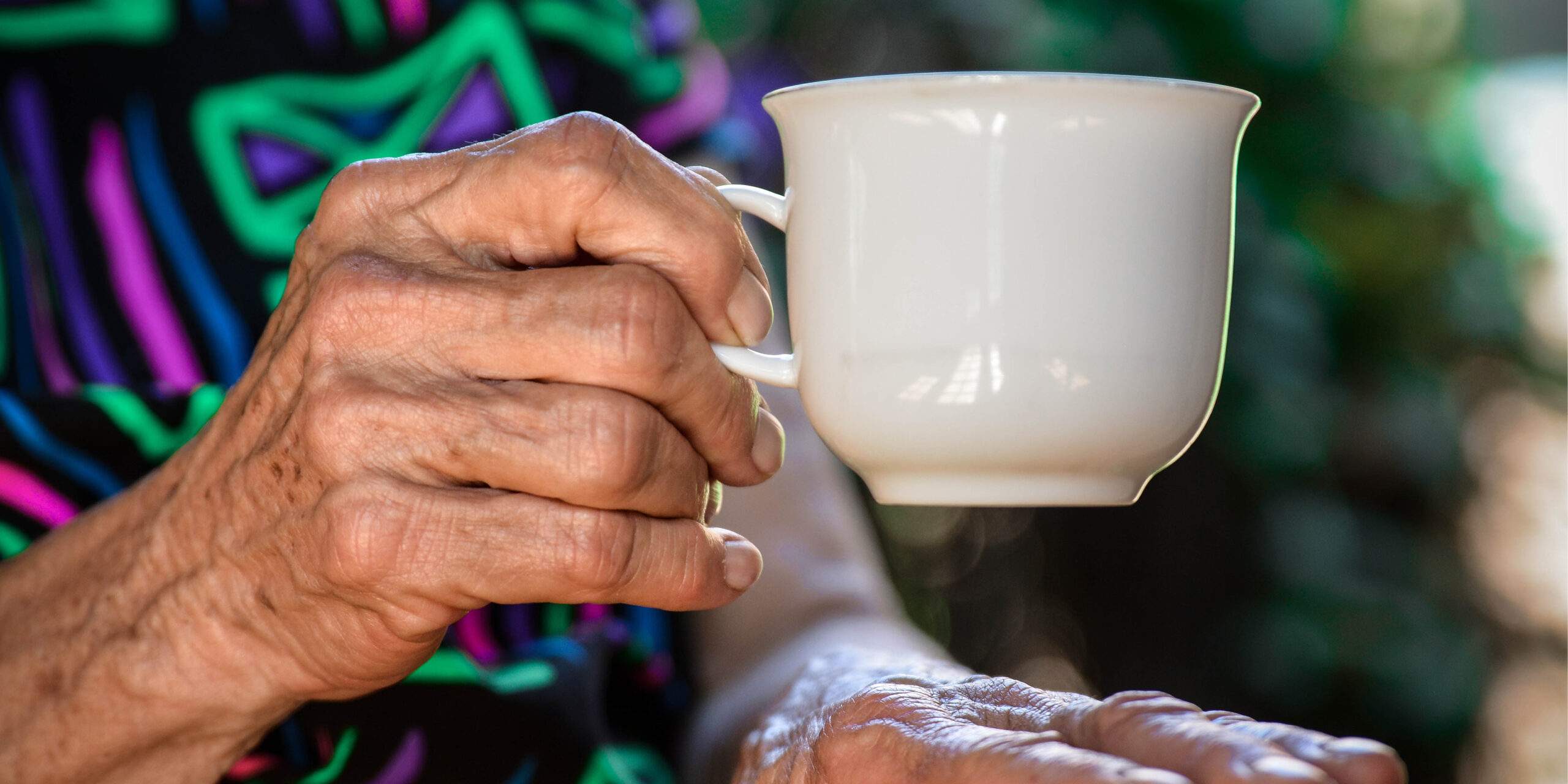New research finds $66m in potential annual savings and reduced risk of fractures in aged care with increased dairy intake.
Boosting dairy intake in Australian aged care residents to the recommended daily serves helps reduce the risk of fractures and falls, potentially saving up to $66 million a year in preventative healthcare costs, a new study has found.
The health economic analysis, conducted by Monash University and published in the Age and Ageing journal, found improving dairy serves from an average of two to 3.5 serves a day in aged care residents could result in significant cost savings for the health system, thanks to the reduction in rates of falls and fractures.
The analysis estimated that the dietary intervention can save the Australian health system $66 million annually, and takes into account the entire health ecosystem, including ambulance transportation, hospital admission, rehabilitation, and extra care requirements once returned to aged care. The cost of the intervention amounted to $0.66c per day, or $175 dollars per resident per year. This analysis is based on the results of a two-year clinical trial, from 2013 to 2016, conducted by the University of Melbourne and Austin Health, examining over 7,000 residents from 60 Victorian aged-care homes.
The results of the clinical trial, published in the BMJ in 2021, found a 33% reduction in the risk of all fractures, a 46% reduction in hip fractures and an 11% reduction in falls for aged care residents whose daily dairy intake was increased from two servings to three and a half.
This simple nutrition intervention was achieved by either swapping existing menu items with dairy rich foods or adding dairy foods to resident menus, such as including milk-based coffees, cheese and crackers, or yoghurt.
During the trial, a serve of dairy was defined as 250mL milk, 40g cheese and 200g yoghurt, based on the Australian Dietary Guidelines.
The below three prevention recommendations can help support the prevention of fractures and falls in the elderly:
1. Consider the recommended daily intake of dairy
Dairy foods, such as milk, cheese and yoghurt, are naturally rich in calcium and protein – two essential nutrients that can help counteract age-related bone and muscle loss. To maintain healthy bones in older adults, the recommended daily intake of dairy for those 70 years+ is 3.5 servings daily for men and 4 for women.
2. Participate in regular physical activity
A combination of both weight-bearing exercises and progressive resistance training can help improve bone strength.
The frequency and duration will depend on the individual’s age, sedentary status and baseline fitness.
3. Have regular and safe sun exposure
Regular and safe sun exposure for Vitamin D is recommended to help with the absorption of calcium.
The 2021 trial was supported by grants from nine global dairy organisations and three philanthropic organisations, including Dairy Australia.
To read more about the fractures trial, access the full paper here or visit dairy.com.au/ageing


